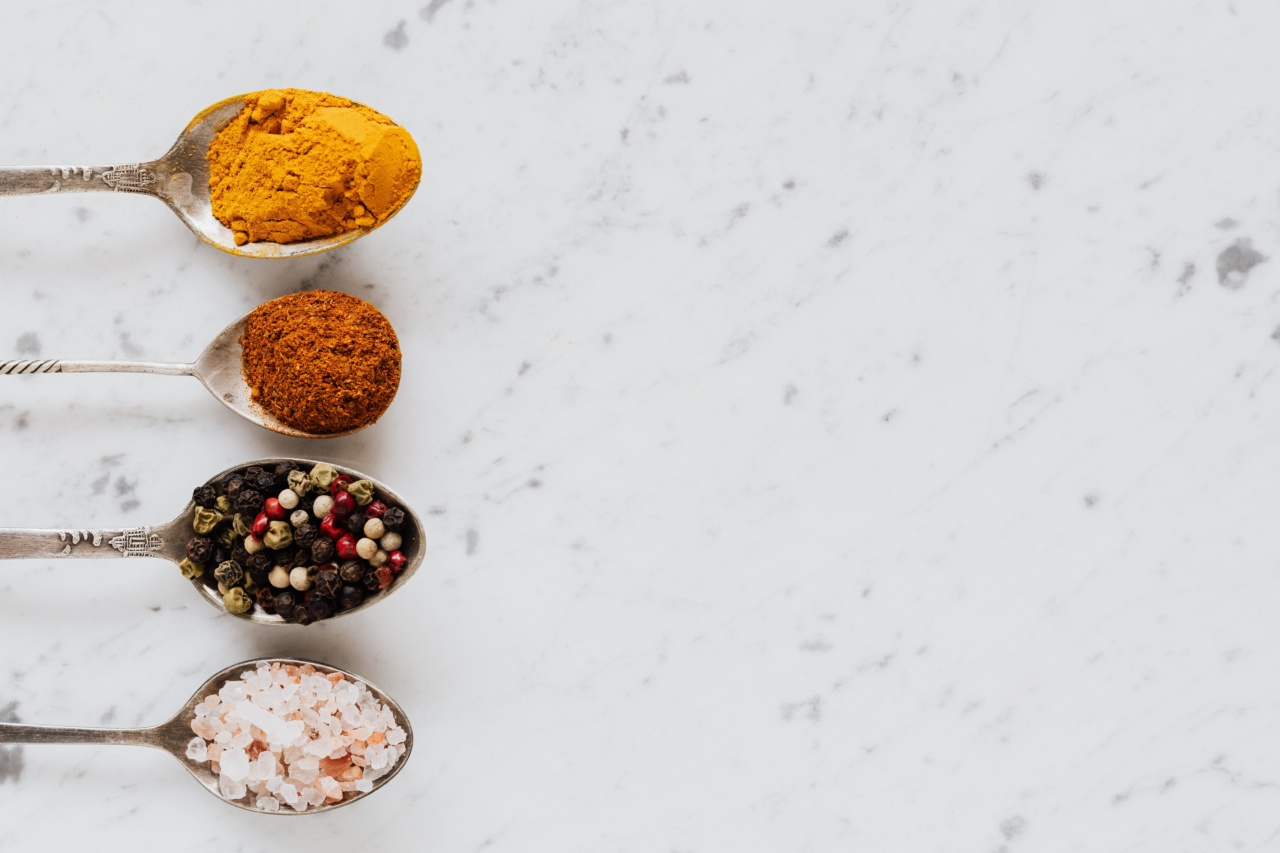Hypertension, commonly known as high blood pressure, is a condition where the force exerted by the blood against the walls of the blood vessels is too high.
It is a silent killer that affects millions of people worldwide and is a leading cause of heart disease, stroke, and kidney failure. Hypertension can be managed through medication, lifestyle changes, and dietary modifications. One of the most effective dietary changes is the reduction of salt intake.
In this article, we will explore the benefits of reducing salt intake for hypertension prevention and management.
What is salt, and how does it impact hypertension?
Salt, also known as sodium chloride (NaCl), is a mineral that is essential for the human body. It plays a vital role in maintaining the body’s fluid balance, nerve function, and muscle contraction.
However, most people consume too much salt, which can lead to a variety of health problems, including hypertension.
The excessive consumption of salt can cause an increase in the level of sodium in the blood. Sodium attracts water, and an increase in its level leads to an increase in the volume of blood in the blood vessels.
This, in turn, puts pressure on the walls of the blood vessels, leading to hypertension. Over time, the increased pressure can cause damage to the blood vessels, leading to heart disease, stroke, and kidney failure.
Recommended daily salt intake
The World Health Organization (WHO) recommends that adults consume no more than 5 grams of salt per day. This is equivalent to one teaspoon of salt. However, most people consume much more than this.
The average salt intake in high-income countries is around 8-10 grams per day, which is almost double the recommended intake.
How to reduce salt intake
Reducing salt intake is one of the most effective ways of managing hypertension. Here are some tips on how to reduce salt intake:.
Read food labels
Most of the salt we consume comes from processed foods such as bread, cheese, and ready meals. Therefore, it is essential to read food labels and choose foods that are low in salt.
A food is considered to be high in salt if it contains more than 1.5 grams of salt per 100 grams.
Avoid adding salt to food
Adding salt to food is a common habit that can be difficult to break. However, there are many other ways to add flavor to food without adding salt. Herbs, spices, and lemon juice are all great alternatives to salt.
Choose low-salt alternatives
Many foods have low-salt alternatives, such as low-salt soy sauce, low-salt stock cubes, and salt-free seasoning blends. These alternatives can help to reduce salt intake without compromising on taste.
Cook from scratch
When cooking meals, it is easy to control the amount of salt that is added. By cooking from scratch, you can choose the ingredients and ensure that they are low in salt. This is also a great way to enjoy fresh, healthy food.
The benefits of reducing salt intake
Reducing salt intake has several benefits for hypertension prevention and management:.
Lowering blood pressure
Reducing salt intake has been shown to lower blood pressure in people with hypertension. A reduction of just 4 grams of salt per day can lead to a decrease in systolic blood pressure by 4-5mmHg.
Reducing the risk of heart disease and stroke
Hypertension is a leading cause of heart disease and stroke. By reducing salt intake, the risk of these diseases can be reduced.
A study by the WHO found that reducing salt intake by 3 grams per day could reduce the number of deaths from stroke by 17% and from coronary heart disease by 9%.
Improving kidney function
Hypertension can lead to kidney failure over time. By reducing salt intake, the risk of kidney failure can be reduced. A study found that reducing salt intake by 25-35% can decrease the risk of kidney failure by up to 30%.
Conclusion
Reducing salt intake is a simple yet effective way of managing hypertension and reducing the risk of heart disease, stroke, and kidney failure. By making small changes to our diets, we can make a significant impact on our health.
Remember to read food labels, avoid adding salt to food, choose low-salt alternatives, and cook from scratch. By doing so, we can reduce our salt intake and improve our overall health.


























